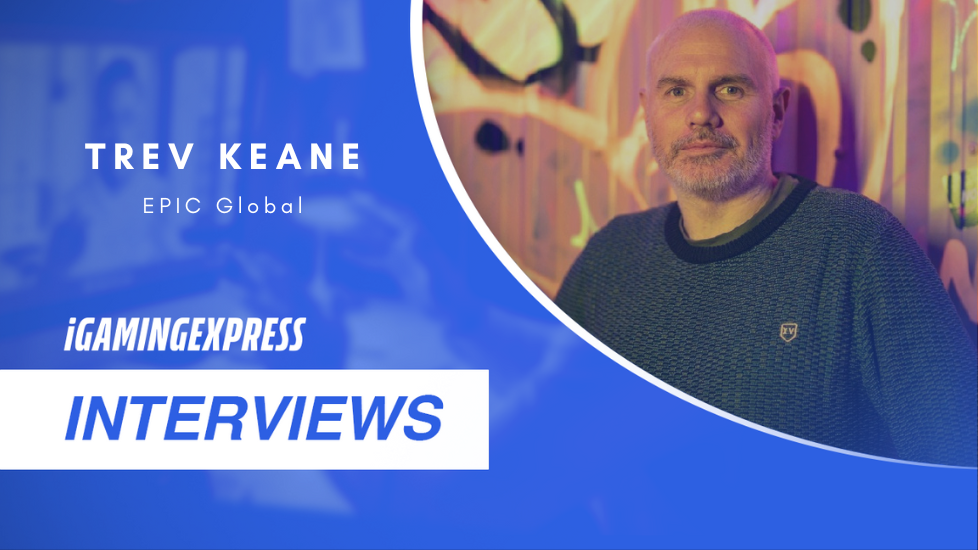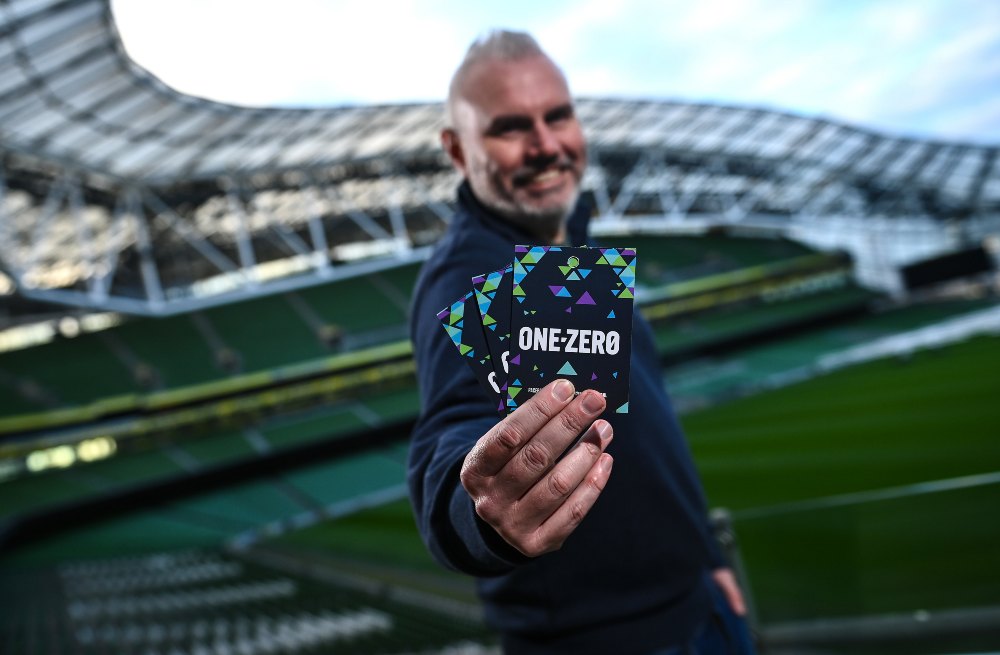“Many brands still see esports as a niche interest”
Today, we’re diving into the dynamic world of esports and gaming with none other than Trev Keane, the Managing Director at EPIC Global. Trev’s role at EPIC is pivotal, intertwining holistic business support with strategic industry networking to foster growth and opportunities within the esports arena.

Can you describe your role as the MD at EPIC Global and how you contribute to the company’s growth in the esports and gaming industry?
My role is to support the business at a holistic level. It is about leveraging industry contacts to create opportunities for organizations, it’s about making sure our team to ensure they have the tools they need to successfully deliver for our clients, its about working closely with Sinead Hosey, Epic Global co-founder and COO, and Michael Stafford our Commercial Director, to ensure we have the right strategy on the market and the right commercial approach.
With your extensive experience in commercial and partnerships, what key trends are you currently observing in the esports and gaming sectors?
The industry as a whole is seeing a lot of consolidation and we will emerge with a much stronger ecosystem as a result. Those that can survive and thrive will have strong audiences, a strong ability to activate for partners and revenues that can match traditional sport. In terms of trends we are seeing a lot bigger organizations partner with either other existing teams in key growth regions or traditional rights holders.
From a commercial standpoint we are going to see more titles opening up to the likes of betting. I think it is worth keeping an eye on League of Legends and Valorant. Riot have recently made the league of legends top tier scene 18+ and this will open it up to new brands.

How do you approach creating and managing strategic partnerships with global brands and organizations in the esports industry?
I think you have to look at each organization in isolation and understand the needs and requirements for each. Organizations have different needs and in order to deliver an effective strategic partnership you need to understand the assets they have available, the demographic of their audience and their track record of delivery for previous partners.
How have digital trends shaped the esports industry, and what role do they play in your strategic planning at EPIC Global?
We as an organization have to be aware of trends within the industry and also across other industries. We need to understand where brands are spending and what they are focusing on while we need to ensure we are aware of changes and shifts in the esports industry. We need to ensure we have our finger on the pulse at all times.
What challenges do you face in educating brands about the opportunities in esports, especially in regions slower to adapt, like Ireland?
Educating brands about esports opportunities often involves tackling a few key challenges. First off, there’s the misconception hurdle. Many brands still see esports as a niche interest rather than the global cultural phenomenon it’s become. Breaking through this mindset takes time and effort, needing clear examples of esports’ massive audience reach and engagement levels.
Then there’s the learning curve. Esports operates in a unique space with its own language, codes, and community norms. Brands sometimes struggle to navigate this unfamiliar terrain, needing guidance on how to authentically engage with gamers without coming off as tone-deaf or pushy.

Another big challenge is ROI uncertainty. For brands used to more traditional marketing avenues, measuring success in esports might seem like entering uncharted waters. Explaining the value of esports partnerships and how to gauge success in this dynamic landscape is crucial. Lastly, there’s the speed of change. Esports evolves rapidly with new games, platforms, and trends popping up all the time. Keeping brands updated on these shifts and how to adapt their strategies accordingly is a constant challenge. Overall, bridging these gaps and showing brands the exciting possibility within esports requires patience, tailored strategies, and an internal champion with a passion for gaming!
As someone deeply involved in esports, how do you envision the future of this industry, particularly in relation to gaming and youth culture and what is the role of the iGaming industry in it?
The future of esports remains exciting as gaming and youth culture continue to blend seamlessly, making esports the pinnacle of this crossover. With tech like augmented reality and virtual reality getting more mainstream, esports will become even more of a sensation, and fan experience. Esports won’t just be for the gaming geeks—it’ll be a global culture everyone enjoys.
Regarding iGaming, the scene will amp up fan excitement, bringing together gamers and online bettors. While loot boxes will come under scrutiny, publishers, realizing the need for esports teams to generate revenues will relax their rules around betting partners, opening new avenues for revenue and opportunities for teams and streamers. In the longer run we will see rules established around this, like the calls we see in football and other sports, but for now esports and igaming seem like a good match and reliant on each other.
